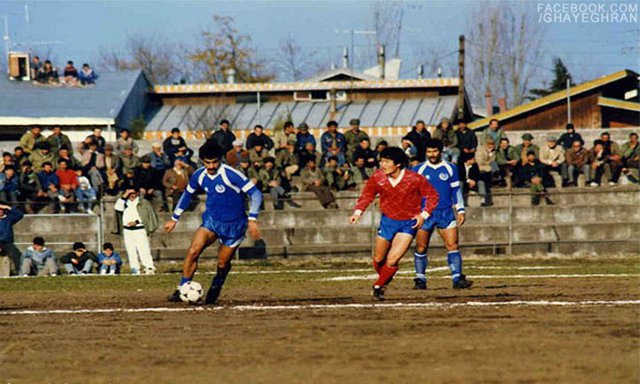The professional life of a footballer is relatively short. With the majority turning professional at 16, many of these will be retired by the time they’re 36. Those that aren’t will most probably be playing in a lesser league than they played in at their peak apart from some goalkeepers whose top-flight careers can last well into their forties. Football management and coaching is the most obvious choice of career for a former footballer. Clubs these days are very conscious about equipping their players with skills that they can utilise to earn a living once retired, so many players begin training to be a football coach/manager whilst still playing.
They do this by going through the coaching pathway provided by the Football Association. Once retired, they then find a role at a club as a coach or manager. However, many of football’s most successful managers did not play professional football at a high level or even professionally at all. Champions League and Premiership winning, Jose Mourinho, for example, was a translator at Barcelona before moving into management and had never played professional football. The reason for this is that playing football and managing football have two very different skillsets, resulting in some players having a far more successful coaching career than a playing one.


